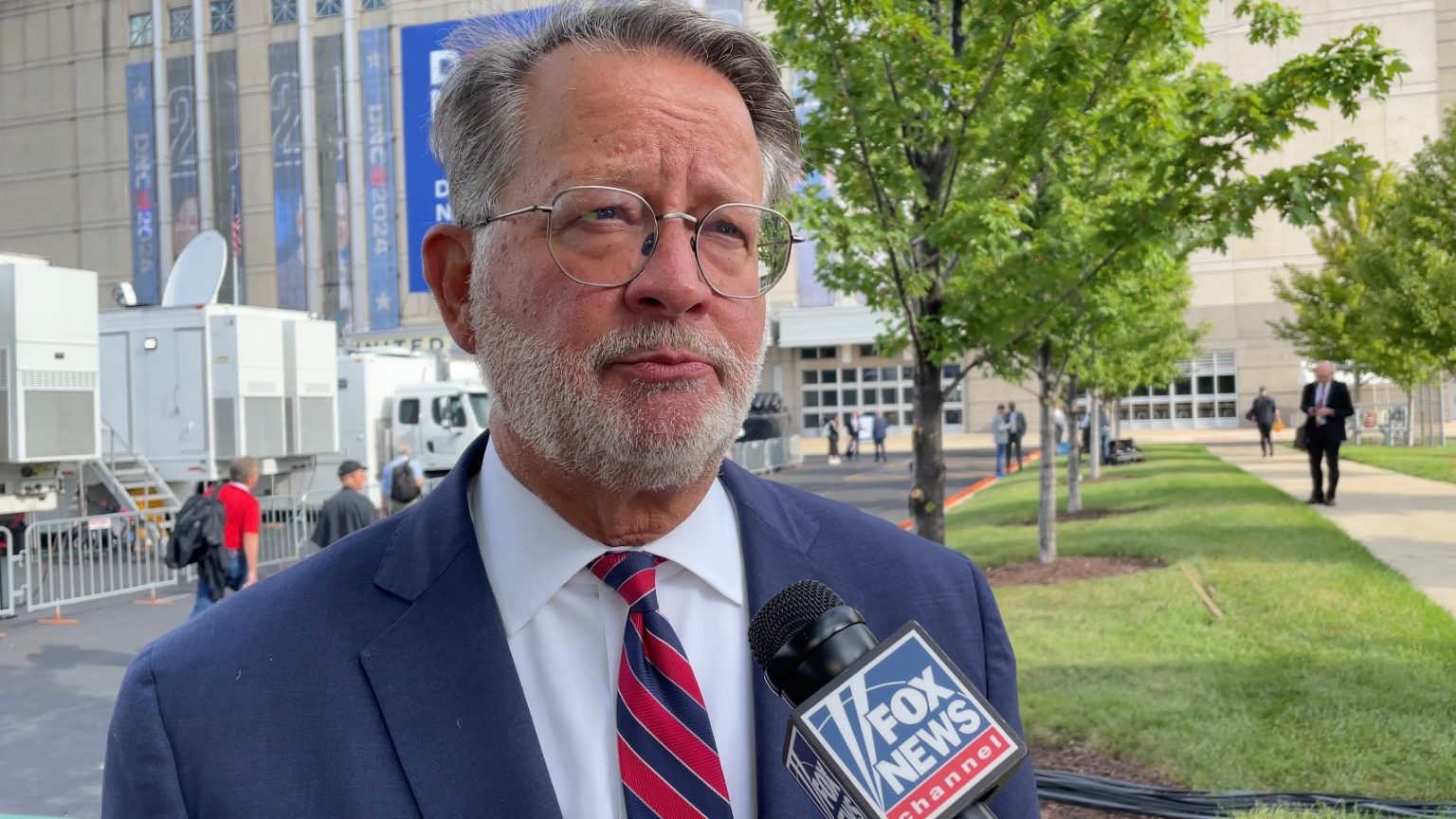The chair of the Democrats’ Senate campaign committee, Sen. Gary Peters, believes that the party’s national nominating convention helps in the battle for the Senate majority by generating enthusiasm and turning out voters. However, Peters acknowledges that some Democratic incumbents facing difficult re-elections are choosing to skip the convention in order to stay home and connect with voters in their states. Democrats currently control the Senate 51-49 but are defending 23 out of the 34 seats up for grabs this autumn, making the battle for majority control crucial.
One of the key Senate races Democrats are concerned about is in West Virginia, a deep red state that former President Trump carried by a large margin in 2020. Moderate Democrat-turned-Independent Sen. Joe Manchin is not seeking re-election, making it likely that the seat will be flipped to the GOP. Republicans are also aiming to flip seats in Ohio and Montana, two states that Trump won comfortably four years ago. Additionally, five more Democratic-held seats up for grabs this year are in crucial presidential-election battleground states. Incumbent Democratic Senators Sherrod Brown of Ohio, Jon Tester of Montana, and Jacky Rosen of Nevada are among those who are skipping the convention.
The National Republican Senatorial Committee argues that senators who choose not to attend the convention cannot escape their voting records, particularly when it comes to tie-breaking votes cast by Vice President Kamala Harris. The Democrats’ convention began after President Biden announced that he would not seek re-election in 2024 and is backing Harris as his replacement. The party has been energized by the announcement, leading to positive momentum in polling and fundraising.
Peters is confident that the enthusiasm generated by the convention, combined with a strong ground game, will help Democrats win and hold the majority. He points to polling showing Democratic candidates consistently leading their Republican opponents, citing the quality of the candidates and the contrast with what he describes as flawed Republican opponents. Peters led the DSCC during the previous election cycle when Democrats defied expectations and held onto the majority, despite facing an unfavorable map. However, Peters will not be staying on as DSCC chair for a third straight cycle, as he faces his own re-election in 2026.
Overall, the battle for the Senate majority is heating up with Democrats aiming to defend their seats in battleground states while Republicans are eyeing opportunities to flip seats. The outcome of the upcoming election will be influenced by factors such as candidate quality, enthusiasm generated by the national nominating convention, and the performance of candidates in key races. Both parties are focused on mobilizing their bases and appealing to undecided voters in order to secure control of the Senate.













